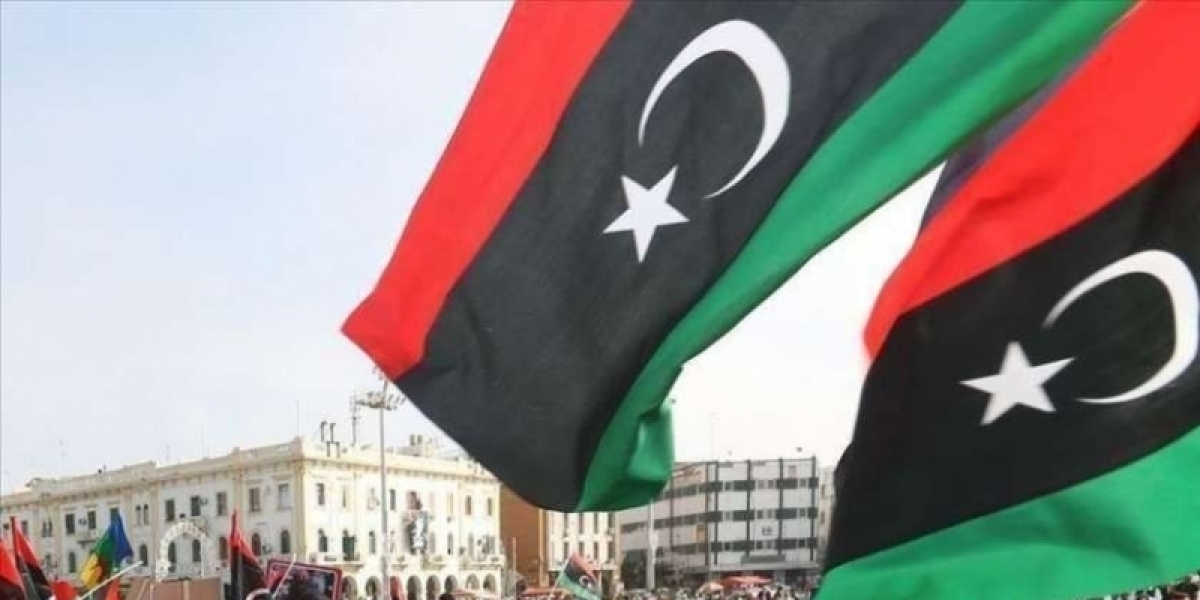As Libya continues to seem to be headed for a direction following the cancellation of the expected December 24 first round of presidential elections, Libya has considered a slew of high-level figures talk out nervously about the country’s unsure course to useful governance and peace. In October, each Libyan Foreign Minister Najla Mangoush and now former U.N. distinctive envoy for Libya, Jan Kubis, spoke of the significance of a peaceable transition, with Kubis warning of the potential risk that elections pose, renewing warfare and dividing the country have to they no longer go as planned.
The aftermath of the cancellation is predicted to be especially troubling, sparking the resumption of armed conflict between the various parties competing for power in the country that has been wracked by means of turmoil and violence for over a decade. The best case situation of a peaceful delay of election and eventual transition of energy does no longer avert the country beset by factionalism and division from returning to conflict similarly down the line, specifically if the ‘success’ of ‘liberal democracy’ in different MENA states is whatever to go by. Even the supposed Arab Spring success of Tunisia presently appears fraught.
Amidst this political anxiety, financial issues additionally proceed to be obvious in the North African country. Indeed, from the very outset of Libya’s strife a decade in the past analysts had been noting the financial uncertainty that was once being ushered into what used to be a fantastically rich country and one preserving some of Africa’s greatest oil reserves. Oil production, the country’s most necessary export enterprise, has especially suffered with manufacturing continuously beneath threat from plunder.




